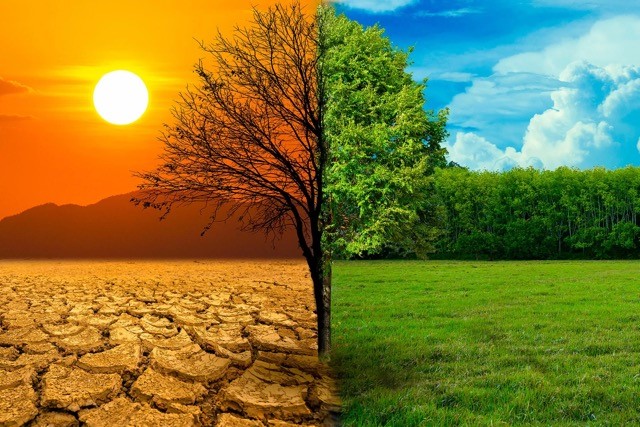The enterprise value specialists at Ceibass work with lawn and landscape business owners to help them create value and ultimately, to sell their businesses.
“In difficult times like these, with the threats of high inflation, political and economic uncertainty, and climate change, we remind owners that there is a silver lining … that every threat also opens up new obligations and new opportunities,” said Tom Fochtman, Ceibass CEO. “The key is to be on the forefront of the changes required, to be the company that helps customers take care of the new threats, fulfill on the new obligations, and take advantage of the new opportunities. But they are not obvious.
“Take climate change, for example; we have observed firsthand the impacts of climate change on our industry. The challenges brought on by changing weather patterns are undeniable, but they also present a myriad of new obligations and opportunities for top companies to make the most of.”
The team at Ceibass offered a quick snapshot of some of these new obligations and opportunities:
Obligations:
- Sustainable Practices: Our industry is on the frontline of ecological impact. It’s vital to adopt sustainable and regenerative landscaping practices that help mitigate the effects of climate change. This might involve reducing chemical usage, conserving water, and ensuring that waste is appropriately recycled or composted.
- Education: With new challenges arise new learning curves. Continuous staff training on the latest in climate-resilient plants, water-saving technologies, and soil conservation is imperative.
- Emergency Preparedness: Increasing occurrences of severe weather events means companies need to be equipped and trained for rapid response—be it for fallen trees, flooded gardens, or other landscape-related emergencies.
- Water Conservation: As drought becomes a more prevalent concern, investing in drought-resistant plants, innovative irrigation methods like drip systems, and rainwater harvesting setups are becoming essential.
- Client Communication: As the experts in the industry, we owe it to our clients to guide them through these changing times, explaining the why’s and how’s of adapting their landscapes to be more resilient.
Opportunities:
- Diversification: The changing climate has led to the introduction of new plant species and landscaping techniques. This diversification allows businesses to offer a broader range of products and services.
- Technology Adoption: The rise of smart irrigation systems, remote soil moisture sensors, and other tech tools allows landscapers to provide more efficient and precise care, turning challenges into operational efficiency.
- Ecological Services: There’s an increasing demand for services like rain gardens, green roofs, and native plantings, all of which can play a role in combatting the urban heat island effect and improving local ecology.
- Soil Health: A greater emphasis on organic, regenerative practices can lead to opportunities in composting services, organic lawn care, and more.
- Partnerships: Collaborating with local environmental organizations, municipalities, and other stakeholders can lead to new projects, government incentives, and community goodwill.
- Rebranding and Marketing: Being at the forefront of sustainable landscaping can be a unique selling proposition. Clients are increasingly looking for companies that align with their environmental values.
“While climate change undeniably presents the lawn and landscaping industry with challenges, it also offers a chance to innovate, diversify, and lead in creating sustainable solutions, and higher margins,” added Tom. “As owners, you have the responsibility and the opportunity to be stewards of the land, bringing forth the new obligations and opportunities in a way that is harmonious with nature and with good business.”







